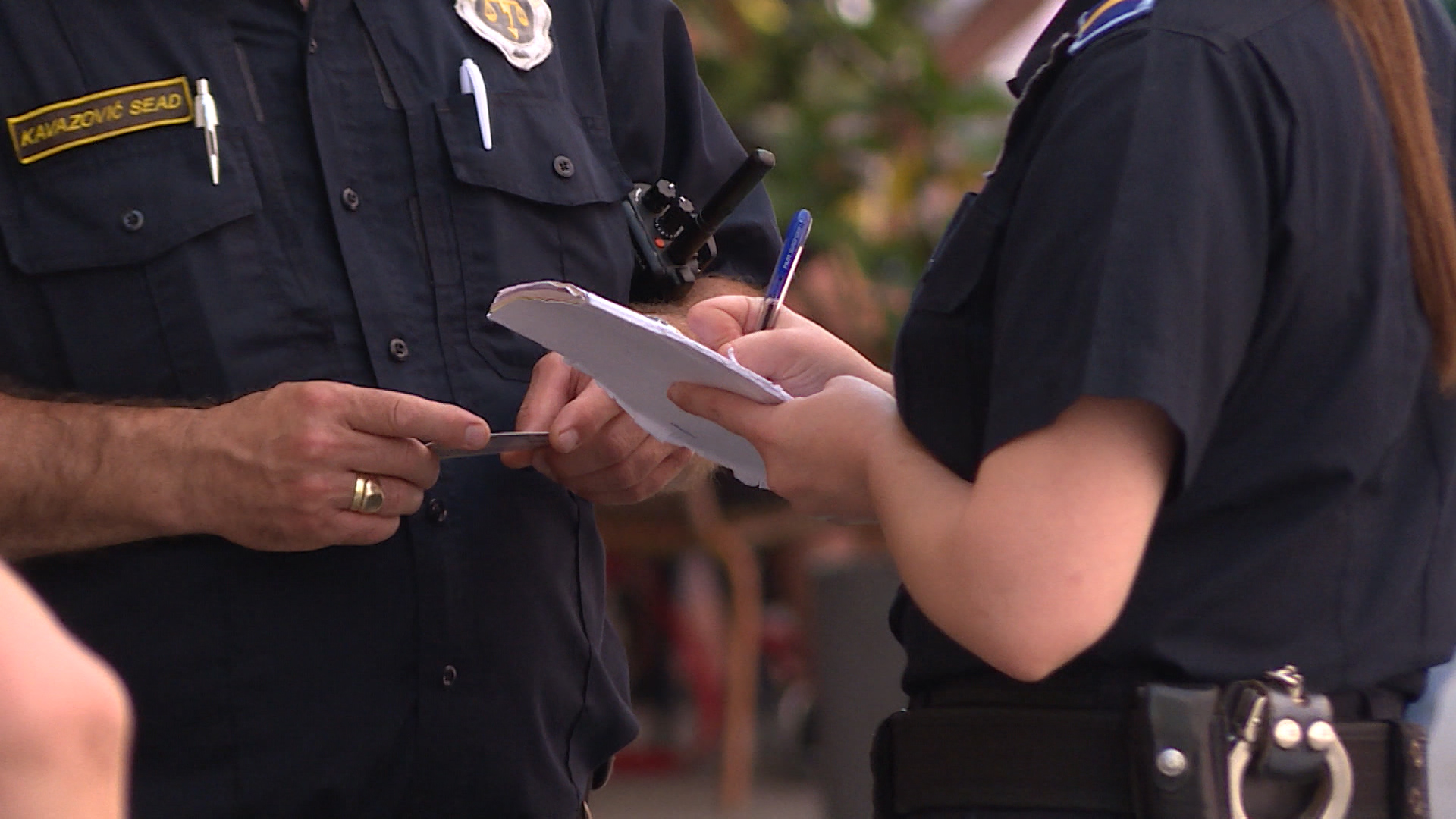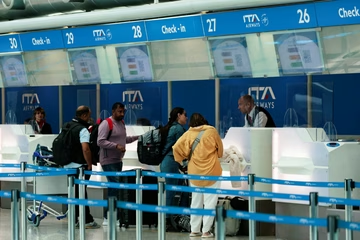
Although it is illegal and punishable, begging is not decreasing in Bosnia which is why authorities are now urging citizens to refrain from giving money to those asking for money on the street.
The problem is systemic and can only be solved with the participation of citizens, police said.
According to data, most of the beggars are members of the Roma minority and mainly children.
A solution to the problem in Bosnia is nowhere in sight. Despite warnings and fines, the number of beggars is constantly rising, especially in bigger cities.
Police see education as a way to prevent begging. In East Sarajevo authorities are distributing leaflets educating citizens about the problem.
“We sanction misdemeanors, but that is, unfortunately, not enough since only adults can be sanctioned as the law foresees consequences for them,” said Dijana Ivanovic-Simunovic from the police headquarters in East Sarajevo.
However, she said that as of recently, more and more minors are involved in begging. Minors are under the competencies of social services but the children do not spend more than a day in social services centres.
The fines for adult beggars or those who incite begging range from 200 to 800 Bosnian Marks. Fines for those who make minors beg are harsher and range from 400 to 1,200 Bosnian Marks or 40 days in prison.
Authorities in Sarajevo Canton issued 920 misdemeanor reports in the first half of 2019, which is by 148 more than during the same period last year, said Suvada Kuldija, the spokeswoman for the Sarajevo police.
According to the UN, the Roma are often seen as a lower cast which leads to their stigmatization and discrimination. This forces many Roma in Bosnia and Herzegovina to start begging.
Between 60 and 80 thousand Roma live in the country, mainly in the Bosniak-Croat Federation (FBiH) part, as only 10,000 are living in Republika Srpska (RS), the Serb-dominated part of Bosnia.
However, it is estimated that 98,7 percent of them are unemployed while 85 percent of them are between 15 and 65 years old and have no health or social insurance.
The assembly of the municipality Ilidza, near Sarajevo, labeled begging as a severe criminal act and that the best solution for it is for citizens to ignore the beggars.
People believe that giving money to beggars is a good deed and our goal is to explain that begging is in most cases organized crime, said Redzo Lemezan, a member of the Ilidza Assembly.
"We have seen that those beggars do not live in Ilidza but that they come here from other countries, particularly from countries in the region, like Italy and Bulgaria,” he said.
But citizens say they feel sorry for the beggars, although they also claim there are too many of them and they often cause problems.
"They are not as miserable as they portray themselves to be but I never had any problems with them,” said one woman, adding that it is difficult to know whether someone is really hungry.
She said she can see in some of the younger one's eyes that they beg for money to buy alcohol.
Tourist organizations which are working on the increase of tourist capacities and offers see the beggars as a problem because they treat tourists as an income opportunity.
Kakvo je tvoje mišljenje o ovome?
Učestvuj u diskusiji ili pročitaj komentare





 Srbija
Srbija
 Hrvatska
Hrvatska
 Slovenija
Slovenija


























































